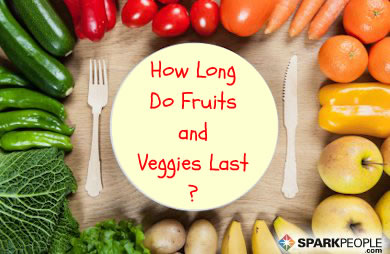|
If you’re someone who’s watching what you eat for weight loss or better health, you probably believe that obesity is caused by eating more calories than you expend each day. And that keeping fat intake—especially saturated fat—relatively low and carbohydrates pretty high is the best way to reduce calories and protect your heart health at the same time. You’re probably also under the impression that both of these assumptions have been “proven” by tons of scientific research over the last 50 years or so. After all, that’s why the government and most professional medical organizations recommend reduced calorie, low-fat diets for weight loss. Well, you (and the experts) could be wrong… At least, that’s the message that’s coming from one of the most talked-about books concerning the relationship between food, obesity, and health that’s been published in quite a while. That book is Good Calories, Bad Calories: Challenging the Conventional Wisdom on Diet, Weight Control, and Disease, by science writer Gary Taubes. Before you panic and start worrying about whether you need to clean out your cupboards and restock them with the “right” stuff, let me say that this is not another diet book or a book on healthy foods, with a list of things you should and shouldn’t eat. Nor does it recommend that you stop worrying about your calorie balance or start eating more saturated fat. It’s a long and pretty scholarly book that takes a critical look at the quality and reliability of the science and research that’s been done on the relationship between diet, weight, and cardiovascular health over the last 60 years or so. Not exactly light reading--but full of very interesting information. Is It Really All About Calories? In Good Calories/Bad Calories, Gary Taubes does a pretty convincing job of showing how the conventional low-fat, reduced calorie approach to weight loss is based on a mountain of scientific research that is fundamentally biased and flawed. He makes two main points:
If that’s the case, Taubes argues, then a low calorie, low-fat diet could potentially be the exact opposite of what’s needed, because it would result essentially in “starving” other cells and interfering with their normal function, while not having any noticeable effect on the size of fat cells. If you're thinking this sounds a lot like what happens when you go into "starvation mode," you're right. So what does all this mean? Personally, I think Taubes’s claim that much of the science behind the traditional calorie surplus theory of obesity is "bad science" is pretty hard to disagree with. And many of the recent discoveries related to genetic differences between obese and normal weight people do seem to support the idea that people can gain or lose fat even when their energy balance numbers say they shouldn't. Taubes speculates that a diet that is relatively higher in fat and protein, and lower in carbohydrates, might be the best solution for people who have some kind of defect in fat metabolism. He bases this on many of the same arguments used by advocates of high-protein diets, like the Atkins diet, about how a high-carbohydrate diet stimulates insulin production, which in turn promotes increased fat storage. He does admit that there is not a lot of evidence to support this position yet, partially because the bias in favor of the low calorie/low fat approach has effectively blocked detailed research along these lines. But I think he’s getting ahead of himself when he recommends a low-carb, high protein diet as a general strategy for weight loss, for several reasons:
The Bottom Line: You're an "Experiment of One." You can do the individual experimenting it takes to figure out your own best approach, right now, without waiting for the scientists to come up with a bunch of genetic tests to figure it out for you. This will be a lot easier if you avoid joining one theoretical camp or another in the ongoing diet wars, and maintain an open mind about your own situation while you do your experimenting. What do you think? Do you have trouble shedding fat with a conventional lower-fat, reduced calorie diet? What sort of experimenting have you done? For those of you who want to read more about this, but lack the time or inclination to read all 600+ pages of Good Calories/Bad Calories, here’s a shorter, more user-friendly article Taubes wrote outlining his argument. |
Popular Entries
Related EntriesMore From SparkPeople |










.jpg)










